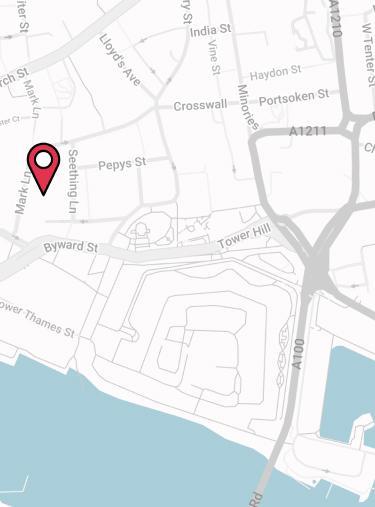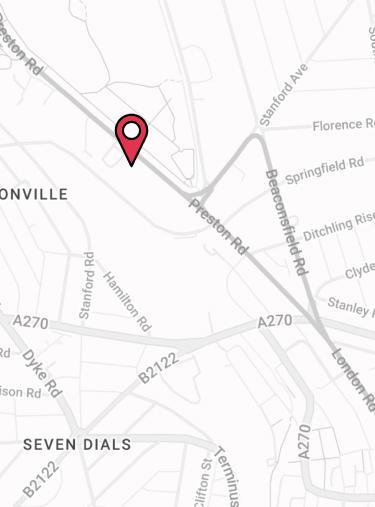Income Protection is designed to pay out a monthly income if you’re unable to work and earn due to accident or sickness. The payout kicks in after a set deferral period, which is decided at the outset of the policy.
The income from a policy can be paid long-term, meaning you’d receive monthly payouts all the way up to retirement if you were so ill you could never work again. Alternatively, you can get short-term Income Protection that only pays out for 1, 2 or 5 years per claim.
You can protect a proportion of your pre-tax earnings from your freelance work (i.e. what you pay yourself in the way of salary and dividends). With personal policies paid for out of your own pocket, you can protect up to 70% of gross income.
If you opt for a corporate policy that’s owned and paid for by the business, however, you can protect a higher percentage of your income (up to 80%) to reflect the tax situation in the event of a claim on such policies.
Why Freelancers Need Income Protection
With freelancers relying on being able to work to generate profit and therefore income, it’s essential that you consider what would happen if you were too ill to work.
Retained profit in the business, savings and government benefits can all help tide you over, but these aren’t inexhaustible supplies of cash. Savings and retained profit in the business would dwindle quite quickly if you were off sick for any length of time, while government benefits aren’t as generous as you may think.
The right policy can support freelancers with monthly income for as long as you need it and pay out enough to cover all of your essential expenditure.
Freelancer Income Protection is an incredibly valuable insurance. It protects you against accident and sickness and, unlike Critical Illness Insurance, providers will cover nearly any health condition that prevents you from working rather than covering a predetermined list of conditions.
Do Freelancers Need Unemployment Insurance?
When finding the right insurance product to protect your income, we would normally advise that freelancers and self-employed professionals steer clear of Unemployment Insurance.
This is because there are few opportunities to claim Unemployment Insurance as a freelancer.
In order to claim on an Unemployment Insurance policy, you will need to meet the following requirements:
- You were made forcefully unemployed and did not leave employment voluntarily
- You were not made unemployed as the result of industrial action, misconduct, dishonesty or fraud
- Your redundancy came on suddenly and you were not given prior warning.
While these requirements on their own are highly specific and difficult to fulfil in most circumstances, they can be even more difficult to meet if you are a freelancer.
This is because most policy providers may consider you to be still employed by yourself even if you are not technically working due to loss of contract etc.
As your own employer, you get decide when you can and cannot work, which makes it difficult to prove that you didn’t leave work voluntarily, making the possibility of a successful claim a difficult grey area.













